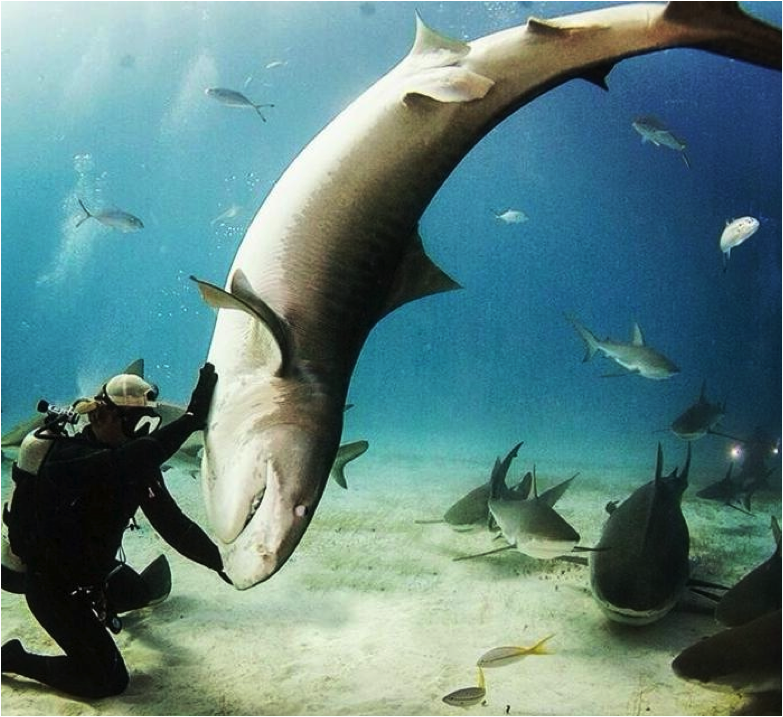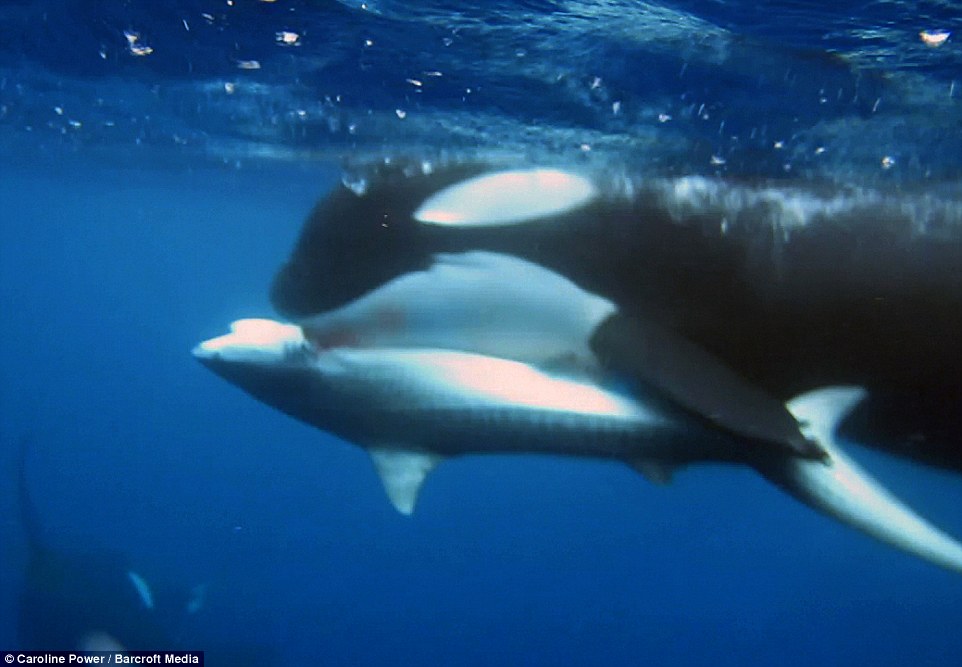As regular readers know, I feel the human brain is the only brain on this planet with the potential to be consciously aware of the sacredness within and beyond nature.
 I maintain that with the complete and spontaneous quieting of the mind in undivided awareness and undirected attention, there is a wordless experiencing of the background sacredness of the universe.
I maintain that with the complete and spontaneous quieting of the mind in undivided awareness and undirected attention, there is a wordless experiencing of the background sacredness of the universe.
This philosophical enquiry is completely contrary to the mechanistic and reductionistic view of the cosmos that currently prevails. But the spiritual potential of the human brain is so great that seeing the brain merely in terms of utilitarian functions arising through natural selection operating purely by chance just doesn’t wash.
Without implying prior design and designer, does cosmic evolution move in the direction of evolving brains capable of awareness of Mind?
Evolution, as any biologist will tell you, does not unfold from a pre-existent plan, nor are there ends that are immanent in nature, or purposes in natural phenomena. But there’s more going on with the human brain’s capacity for awareness than random and mechanistic processes.
There is no way to prove that the experiencing of the sacred isn’t a projected or self-induced state, originating within the brain of a particular individual. After all, experiencing the numinous only occurs when the mind as thought is completely quiet, and images, knowledge and experience have fallen away. So there’s no way to use words, knowledge and reason to prove the veracity of states that lie beyond their ken.
But with reasonable doubt and ongoing questioning, and regularly re-awakening states of awareness in which the self and thought don’t exist, confidence in the actuality of sacredness beyond the brain’s capacity to generate grows.
Indeed, negation in meditation is the only thing I’m completely sure is true. Reality is man-made, and is as we conceive it; actuality is not man-made, and we can directly perceive it.
That said, does any other animal on earth have the capacity to be consciously aware of the numinous? I doubt it very much. The closest candidate may be the Orca, given the misnomer “Killer Whale” by the killer ape.
Orcas are also apex predators feared even by white sharks, which they sometimes kill by putting them into tonic immobility, a trance-like state (no relation to meditation) that’s induced when sharks are flipped onto their backs. Orcas are one of the few species of animals that seem to have cultures as we know them, that is, particular skillsets and ways of relating to each other and their environments formed through conscious learning and transmission.
Do Orcas have the capacity to feel mystery, awe and ecstatic states of insight? It’s possible, but very unlikely. Sophisticated as their languages and cultures are, it’s extremely unlikely that they have inward lives, and consciously appreciate beauty.
Complex psychological lives appear to be both the prerequisite and the impediment to higher states of consciousness. No other animal on earth is a psychological creature the way man is. Without self-knowing however, psychological complexity has made humans increasingly contradictory, conflicted and existentially confused.
On the other hand, our capacity for self-awareness in the anthropological sense of the term (awareness of separate self) holds the potential for self-awareness in the spiritual sense (self-knowing that ends separation and alienation).
When self-concern and the mind-as-thought spontaneously fall silent in unwilled, undirected attention in the mirror of nature, there is a perception of something beyond the human mind’s inventions. Experiencing the numinous has become a matter of spiritual survival of the individual and humanity, and I’m sure it is available to anyone.
My ‘practice’ consists of sitting outdoors, without effort or habit and with the goalless intent to end the observer and time. One begins simply with the sensory joy of being in nature, even if it’s just the backyard. When one’s senses become attuned to the immediate environment, one allows awareness to turn to thoughts and emotions as they arise, observing them in the same way one listens to the sounds around one—that is, without directing, controlling or labeling.
When one’s awareness grows quicker than the separative habit of the self, the illusion of the observer separate from what is observed ends. Attention gathers, quieting the mind of its chatter and emptying the heart of its hurts.
A timeless state of being occurs. There is, to use the Christian word, a state of grace, with a feeling of reverence and gratitude. When undirected attention deepens even further, one feels as though one’s whole being is dipped in the infinite wellspring of life, which is death beyond the cycles of birth and death.
The experiencing of the sacred, which has nothing to do with scriptures, belief systems and churches, cannot be reduced to neurological and idiosyncratic brain states.
When the functions of thought effortlessly cease operating in attention without concentration, a benediction is awakened and flows through the human brain.
Martin LeFevre

